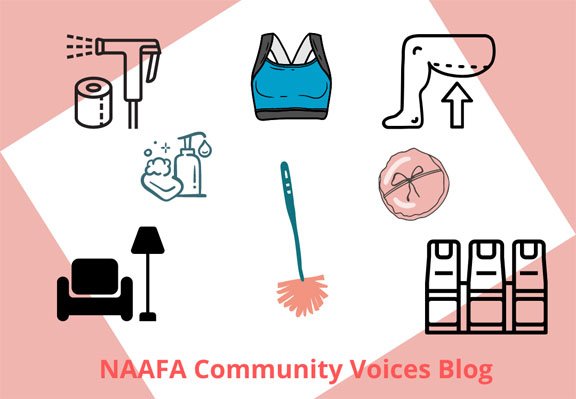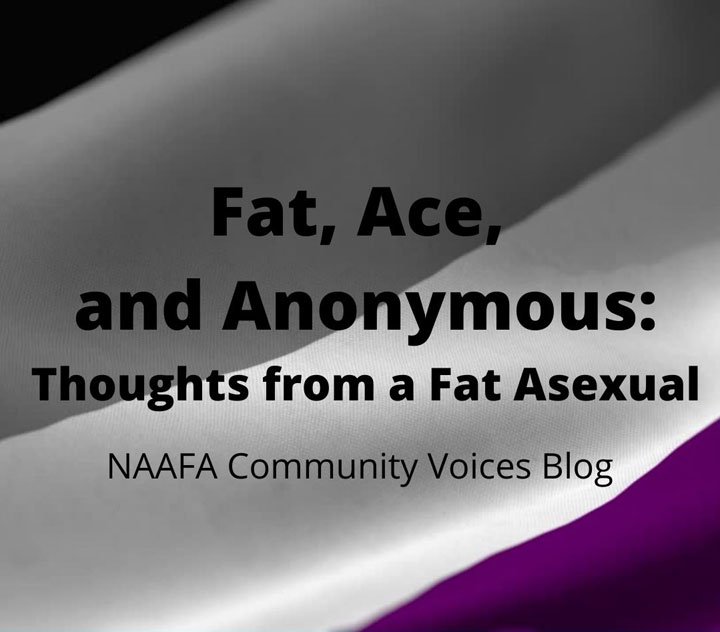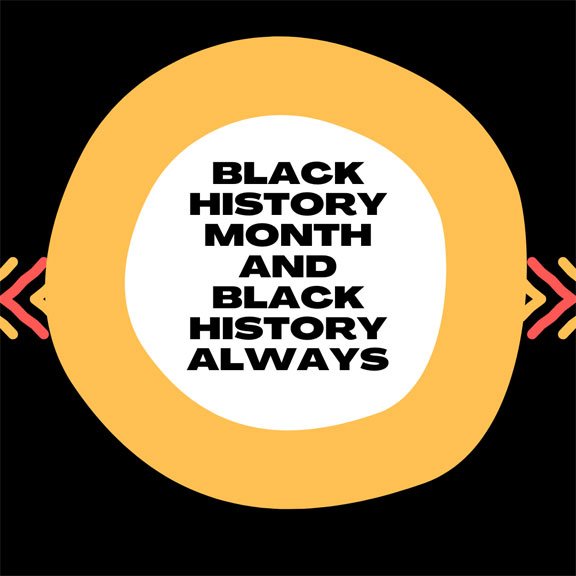NAAFA Community Voices Blog
Sharing thoughts and ideas from fat community.
Blog postings are shown in date order of posting (newest to oldest). You may search by author, tag or use the following categories: Events, From the Newsletter, Guest Posts, History, Legislation, LGBTQIA+, Medical, Press Releases, Resource Guides, Videos, Webinars.
Want to write for the Community Voices Blog? Submit your idea here!

SELF CARE FOR FAT BODIES - COMMUNITY RECOMMENDATIONS AND RESOURCES
During #fatliberationmonth, NAAFA invited Anna Chapman (@iamannachapman) as a guest on the NAAFA Webinar Series. During Anna’s episode, Self Care for Fat Bodies (From Practical to Pampering), we promised to create a blog post compiling the resources, suggestions, and information crowd-sourced from Anna and webinar participants. This is that post!

Asexuality for Pride Month
According to Meriam Webster, Asexuality (Ace) is: not having sexual feelings toward others : not experiencing sexual desire or attraction. Basically, it is an inborn absence of sexual desire.
Fat Liberation or Body Positivity can be hard spaces for Asexual people to navigate sometimes because for many, body liberation also includes sexual/sensual aspects of their lives. For myself personally, talk of fat sex/pleasure or images of those things makes me uncomfortable.
Finding safety in Queer spaces can be hard for Asexual people. When you are Fat and Asexual, it also comes with all the Fat bias, weight stigma, Fat hate too.
Asexual people are not wrong or broken or looking for attention. We are here and we are valid.

Black History Month And Black History Always
A personal reflection on Black History Month and a look at today’s questions surrounding Black leadership in NAAFA and fat liberation spaces from NAAFA’s Board Chair, Tigress Osborn.
“We see fat Black leadership in other social justice movements at the time of NAAFA’s founding. What does whiteness have to do with why we don’t see Black leadership, or even much Black participation, in early NAAFA? What does anti-Blackness have to do with it? Is there simply more urgency of other issues for Black folx (then? now?), or is there discomfort in these spaces for Black people (then? now?), or are Black people simply not interested in NAAFA (then? now?). The questions feel rhetorical, but they’re not.
If you’re wondering how we got from my first grade memory of Black History Month to the difficult questions NAAFA and other fat lib spaces have to answer about lack of intersectionality in the history of fat community, here’s how…”

